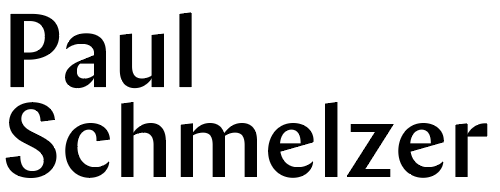An emergent turn in Indigenous filmmaking seeks to foster these conditions for self-determination not only representationally but also formally. These films reject settler-colonial modes of film production and shift their lens toward Indigenous epistemology and philosophy—both in the production process and within their structure and logic.
—Filmmaker Adam Kahlil (Ojibway)
Today, we at the Walker Reader published the fifth in our ongoing Soundboard series, a recently developed tool that lets multiple authors weigh in on the same central question through a single interface. Synched with the Walker Art Center’s INDIgenesis film series, this edition looks at what it really means to make film through an indigenous lens. In the spirit of not-about-us-without-us, I invited Hud Oberly (Comanche/Osage/Cado), coordinator of the Sundance Institute’s Indigenous Program, to guest edit this round. He contributed a writing himself and invited filmmakers Sky Hopinka (Ho-Chuck/Pechanga), Adam Kahlil, and Alex Lazarowich (Cree) to share their perspectives. Each author brings a unique history and perspective, as well as a relevant news hook: Hopinka (who wrote an Artist Op-Ed for us in 2018, was just selected as a guest curator for the 2019 Whitney Biennial; Lazarowich’s documentary FAST HORSE (2018) won the Special Jury Prize for Directing at the 2019 Sundance Film Festival; and Khalil has just been announced as a featured artist in the 2019 Whitney Biennial. Publication of this edition of Soundboard comes just days before the INDIgenesis series’ Sundance Institute Native Shorts Screening, which will be introduced by Oberly.

